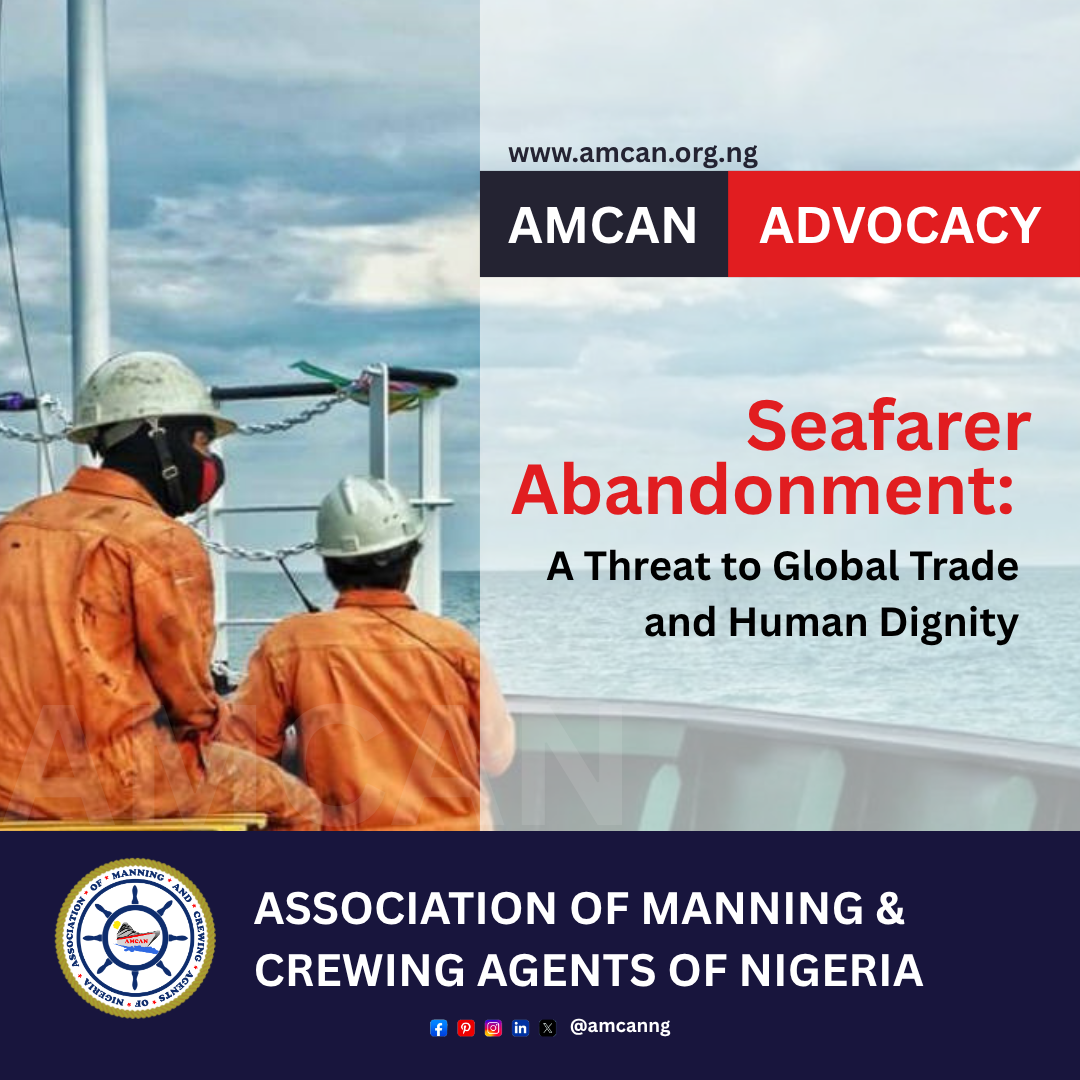A Threat to Global Trade and Human Dignity
A Disturbing Trend in 2025
The maritime industry, the backbone of global trade, is facing a deepening humanitarian crisis: the alarming rise of seafarer abandonment. As reported by the International Transport Worker's Federation (ITF), this year 2025 alone, a staggering 2,280 seafarers have been abandoned aboard 222 vessels, marking a distressing 30% year-on-year increase. This crisis is not merely a statistic; it represents profound human suffering, with seafarers collectively owed an astounding $13.1 million in unpaid wages.
What Constitutes Abandonment?
Seafarer abandonment occurs when shipowners fail to meet their fundamental obligations to their crew. This can manifest in several critical ways:
- Denial of Pay: Seafarers are denied their rightful wages for two months or more, plunging them and their families into financial distress.
- Stranded at Sea or in Foreign Ports: Crew members are left without means to return home, often in unfamiliar and unsupportive environments.
- Lack of Basic Necessities: Seafarers are deprived of essential provisions such as food, potable water, and adequate medical support, directly threatening their health and well-being.
The Role of Flags of Convenience (FOCs)
A significant driver of this crisis is the pervasive use of Flags of Convenience (FOC) systems. These flags, often associated with countries that have lax regulatory oversight, offer shipowners anonymity, deregulation, and a disturbing degree of immunity from scrutiny. This lack of accountability comes at the direct expense of seafarer rights, with nearly 75% of abandoned vessels in 2025 operating under FOCs. The FOC system allows unscrupulous owners to evade their responsibilities, making it incredibly difficult for abandoned seafarers to seek justice or recover their dues.
This exploitation of seafarers, if allowed to continue unchecked, poses an existential threat to the maritime workforce—the very individuals upon whom global trade depends. It is a call to action for greater accountability and a more robust framework to protect those who dedicate their lives to keeping the world's supply chains moving.
AMCAN's Proactive Stance: Championing Seafarer Welfare and Accountability
The Association of Manning and Crewing Agents of Nigeria (AMCAN) recognizes the gravity of seafarer abandonment and is actively working to address this multifaceted issue. As the umbrella body for manning and crewing agents in Nigeria, AMCAN is uniquely positioned to drive change and uphold the rights of Nigerian seafarers.
- Collaboration with NIMASA and Regulatory Adherence:
AMCAN works in close collaboration with key regulatory bodies, most notably the Nigerian Maritime Administration and Safety Agency (NIMASA). This partnership is crucial in ensuring that all training standards and operational practices of AMCAN members align with stringent national and international maritime safety regulations, including those aimed at preventing abandonment. By fostering a culture of compliance, AMCAN helps to mitigate the risks associated with unregulated practices that often lead to abandonment.
- Monitoring and Accountability:
Beyond mere compliance, AMCAN takes a proactive role in monitoring its members. This involves rigorous oversight to ensure strict adherence to ethical recruitment practices, timely payment of wages, and provision of adequate welfare for seafarers. AMCAN actively identifies and addresses any irregularities within the industry, both among its members and beyond. This vigilance helps to flag potential abandonment situations early, allowing for intervention before seafarers are left in dire circumstances. By holding its members accountable, AMCAN aims to set a benchmark for responsible manning and crewing practices in Nigeria.
- Advocacy and Support for Seafarers:
AMCAN is committed to safeguarding seafarer welfare. This includes advocating for policies that strengthen seafarer rights and provide robust mechanisms for redress in cases of abandonment. The association works to ensure that abandoned seafarers receive the necessary support, including assistance with repatriation, recovery of unpaid wages, and access to medical and psychological care. By providing a unified voice for responsible manning agents, AMCAN amplifies the call for greater transparency and accountability across the global maritime industry.
- Building a Sustainable Maritime Workforce:
Ultimately, AMCAN's efforts are geared towards building a sustainable and resilient maritime workforce. By ensuring fair treatment, proper remuneration, and robust welfare provisions, AMCAN contributes to a maritime environment where seafarers are valued and protected. This commitment is vital for attracting and retaining skilled professionals, thereby securing the future of global trade and upholding the dignity of those who serve at sea.
#SeafarerRights #MaritimeJustice #EndAbandonment #AMCAN #NIMASA #NigerianMaritime #SeafarerWelfare #GlobalTrade #AccountabilityAtSea #FairTreatment #HumanitarianCrisis #MaritimeIndustry #CrewingNigeria


Leave a comment